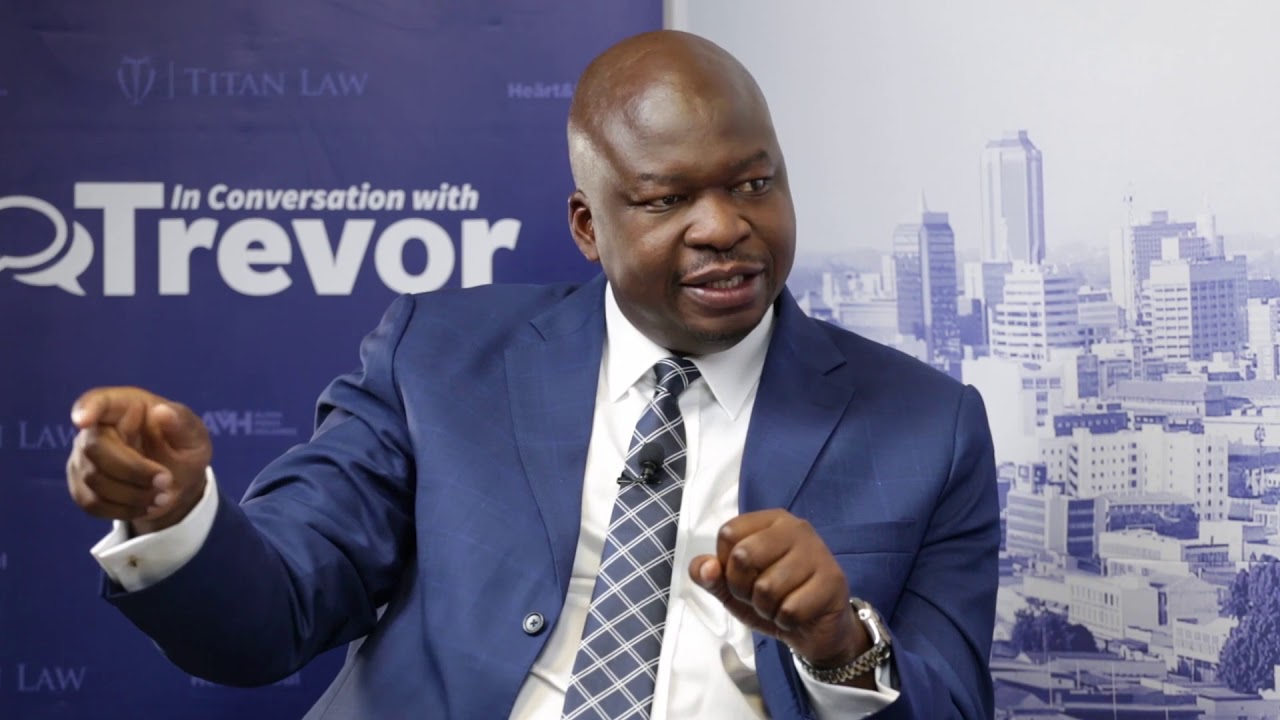Guvamatanga explains Mutapa Wealth Fund
FINANCE, Economic Development and Investment Promotion permanent secretary, Mr George Guvamatanga, on Monday clarified the recently promulgated Mutapa Wealth Fund with special focus on the procurement requirements saying “there was a lot of mischief”, which needed to be urgently rectified.
In a recently gazetted Statutory Instrument, President Mnangagwa invoked his Presidential Powers to temporarily amend the investment laws to rename and upgrade the old Sovereign Wealth Fund and transfer the shares in the 20 State-owned enterprises to the Mutapa Fund.
The Government shareholding in a large block of 20 State-owned companies has been transferred to the Mutapa Investment Fund, the upgraded and renamed Sovereign Wealth Fund, include mines, major power stations, the National Railways of Zimbabwe, Air Zimbabwe, NetOne and TelOne, Cottco and Zupco.
Mr Guvamatanga said while the amended Sovereign Wealth Fund Act was promulgated in 2015, it had not really been operationalised, neither had it been properly capitalised.
As such, he said President Mnangagwa has taken a deliberate decision to operationalise the Fund as well as to capitalise it.
Addressing delegates during the Zimbabwe Economic Development Conference (ZEDCON 2023) in Victoria Falls yesterday, Mr Guvamatanga said the Statutory Instrument that amended the Sovereign Wealth Fund Act also amended the Public Procurement and Disposal of Public Assets Act by introducing a new subsection 9 to section 3.
He said Section 3 already dealt with exemptions, therefore, the amendment has made it possible that those public entities, which operate in competitive markets, may (and not shall) be accorded an exception from the application of the Procurement Act.
“There is nothing new, go and read the Act again. There is nothing new. The provision of exemptions were already in place before the promulgation of the Statutory Instrument,” he said.
“On Friday, His Excellency exempted one public entity that is the Mutapa Investment Fund from application of the Procurement law. To be clear, in terms of the law as contained in the General Notice published last Friday, the exemption applies only to the Fund and not to any of the other entities listed on the schedule.
President Mnangagwa
“The Fund merely owns shares in those entities but that does not change their legal character as separate legal entities, distinct from the Fund.”
Mr Guvamatanga further explained that the Act was amended in terms of which certain shares that the Government owned in various companies have now vested in the sovereign wealth fund created under the Act, which has now been renamed or rechristened ‘Mutapa Investment Fund’. These shares form part of the initial capital of the Fund, he said.
The Fund itself is wholly owned by Government, albeit managed by a board. As such, the ultimate beneficial owner of the shares remains Government.
“Why has the Fund been exempted from the Procurement law? Because the Fund by its nature will operate and compete in competitive markets in both the international and local market, competing against Private Equity funds and such type businesses,” said Mr Guvamatanga.
“The Fund will need to be quick, efficient and cost effective and in some instances, by its nature, it will be involved in market sensitive transactions, which, as investment bankers here will know, will require that such transactions be handled differently.
“As such it was important to place it at par with other comparable commercial Funds to enable it to operate optimally,” he added.
“Like its peers, the Fund, through its governance structures, will be governed by best practice rules and procedures in the area of procurement.
“The institutional framework introduced by the changes in the Act is designed to provide a robust organisational design to enable it to achieve its objects as stated in the Act.”
From a reporting perspective, Mr Guvamatanga said 60 days after the end of each financial year, the Fund will be required to submit to the President and to the minister an annual report on its operations and activities for the preceding year.
These reports will be shared publicly, he added.
Mr Guvamatanga said that State owned entities (SoEs) traditionally used to contribute about 40 percent of the country’s economy but over the years this positive contribution has not only ceased but the entities have in fact become a drain on the fiscus.
“The issues concerned can be fixed with proper performance management, reformulation of strategy in line with the National Vision and NDS1, institution of effective governance frameworks, a strengthening of the institutions and disciplined capital allocation,” he said.
Mr Guvamatanga said Government is determined to not only earn a return on its investments but also create employment.-chronicle











